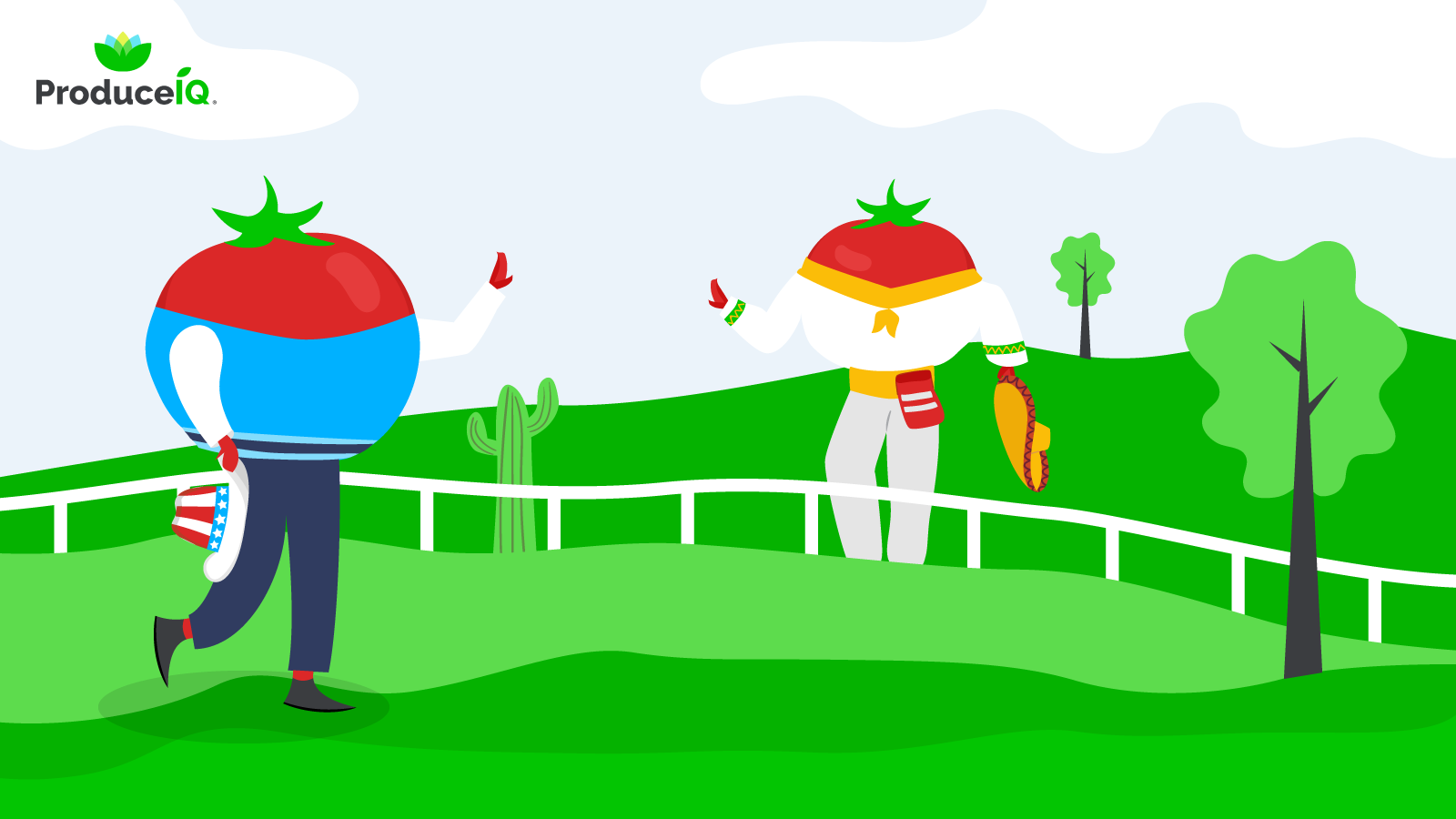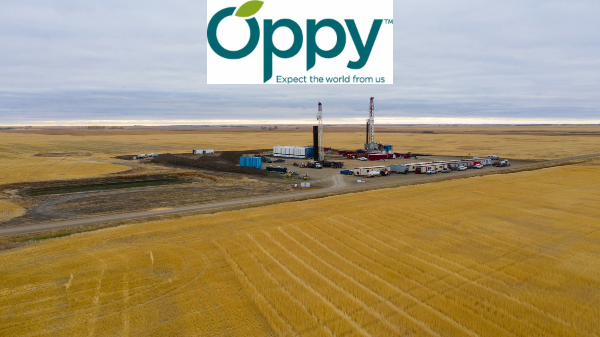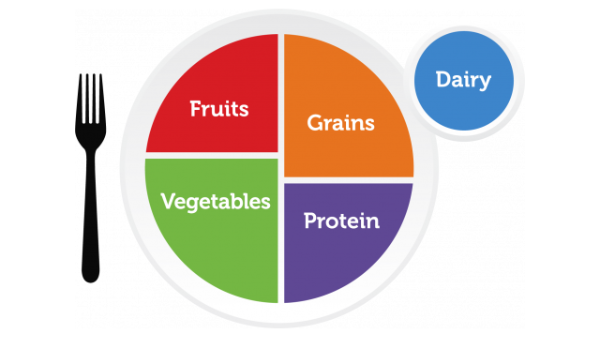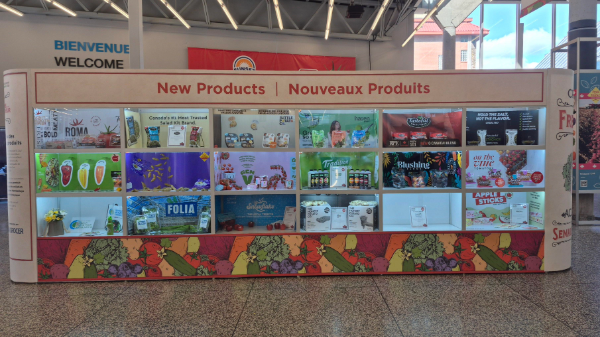Welcome to Blue Book!
Are you ready to join the thousands of companies who rely on Blue Book to drive smarter decisions? View our plans and get started today!
Still have questions? We’d love to show you what Blue Book can do for you. Drop us a line– we’ve been waiting for you.
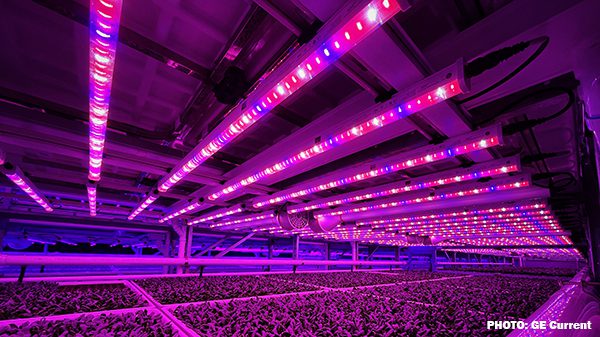
Not too long ago, the produce industry watched as billions of dollars went into the indoor farming boom. While I wouldn’t go so far as to call it a bust, we’re seeing some growing pains.
Mainstream media is awash with tech layoffs, and indoor farming — much of which is funded by private equity and venture capital — is showing signs of weakness.
Just in the last two months, we’ve seen a major bankruptcy, two publicly-traded companies vote for reverse stock splits to keep from being delisted, farm closures, sales, loans, and companies going completely out of business.
Here are just a few of the headlines:
- 80 Acres Farms makes layoffs
- Lakeside Produce files bankruptcy, owes $188MM
- Edible Garden approves reverse stock split
- Kalera halts Orlando, Atlanta production to focus on profitability at other facilities
- AppHarvest opens 60-acre Kentucky farm, completes $127MM sale-leaseback with Mastronardi Berea LLC
- AppHarvest opens salad farm backed by $30 million Mastonardi Produce loan
- Faced with Nasdaq delisting, Kalera shareholders approve reverse stock split
- Iron Ox lays off 50, amounting to nearly half its staff
- Plenty confirms closure of South San Francisco facility
- Vertical farming robotics startup Fifth Season shuts down
Is indoor farming at risk? I don’t think so. The industry has been growing steadily for decades, particularly for operations growing staples like cucumbers, bell peppers, and tomatoes. The market is well-established for those items.
The recent challenges are a prime example of the “bleeding edge” side of technology and innovation. Billions of dollars have been invested, and now those investors are looking for returns. Combine that with high start-up costs, variability and fickleness of farming — growing indoors is still farming, after all — market conditions, and, the economy, and we’re in for a wild ride in 2023.



